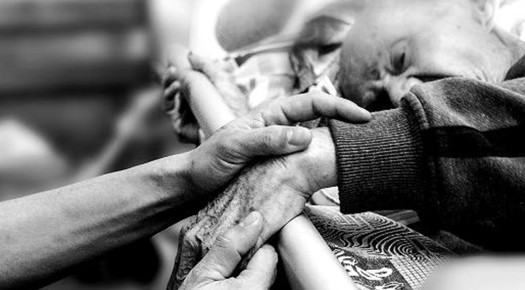
After the Canadian Supreme Court ruled unanimously that patients with severe medical problems could legally ask their doctors to help end their lives, the government was given one year to implement new laws. From June 2017 physician-assisted death is legal in the country for anyone 18 or older, a Canadian citizen, mentally competent, suffering from a “serious and incurable disease, illness or disability,” and in an “‘advanced state of irreversible decline,’ with enduring and intolerable suffering.”
The law in Ontario is giving a free pass to any person or institution if they don’t want to help these suffering patients if their faith or conscience says euthanasia is immoral. For Catholics euthanasia is a sin. That’s why Catholic-run hospitals in the province would prefer letting these patients suffer until they die. Patients who are in such hospital which doesn’t want to do the procedure must be transferred to a secular hospital to get doctor-assisted death. The problem is that another hospital may be far away, or patient may not be able to handle the trip. Because of that, some patients can spend the last several hours of their lives trying to transfer to a new hospital.
Dying With Dignity Canada now plans to file a lawsuit against the Ontario government to stop these religious exemptions at Catholic hospitals — something they can do since even those hospitals are funded with taxpayer dollars. The advocacy organization supports the idea that individual nurses or doctors can choose not to provide the service, but said that the legal right to object should not extend to an organization.
"What Ontario did is they gave an opt-out to basic and essential health care to hospitals that don't want to provide for the dying," says CEO of Dying with Dignity Canada Shanaaz Gokool.
Dying With Dignity would not only tackle that exemption, Gokool said, but also a clause in Bill 84 that restricts freedom-of-information access around medically assisted dying. The clause forbids freedom-of-information officers from releasing information that names which facilities assist — or do not assist — in patients ending their lives. Because hospitals are not legally required to reveal whether patients can undergo medically assisted death, it's hard to know exactly where it's available.
Photo Credits: MaxPixel
